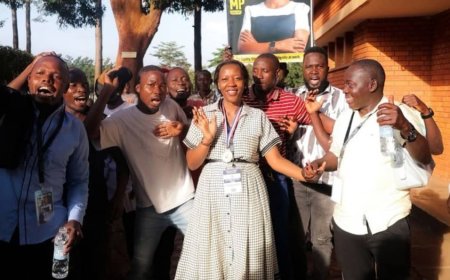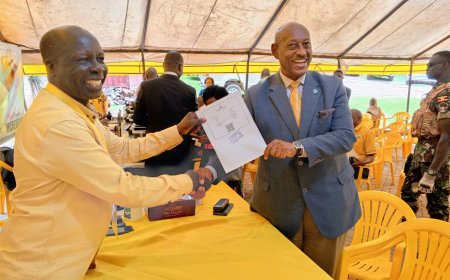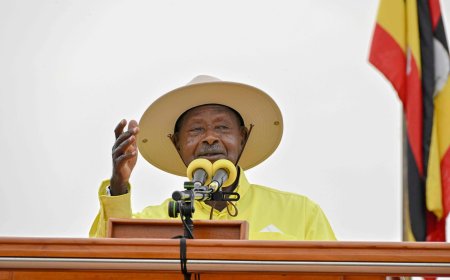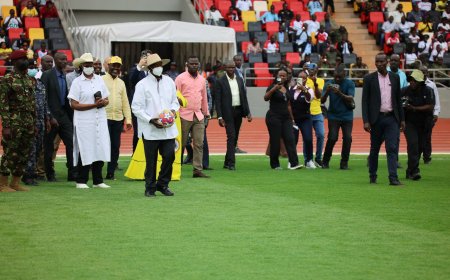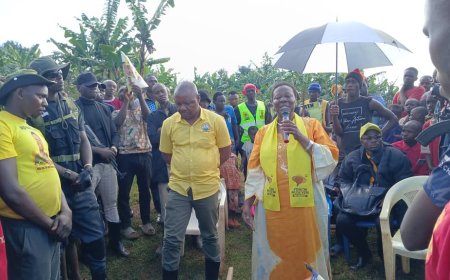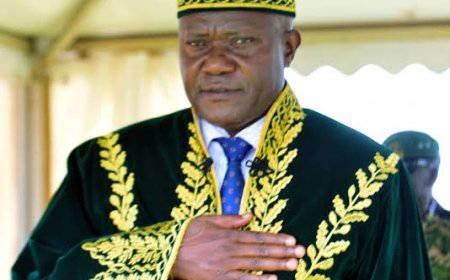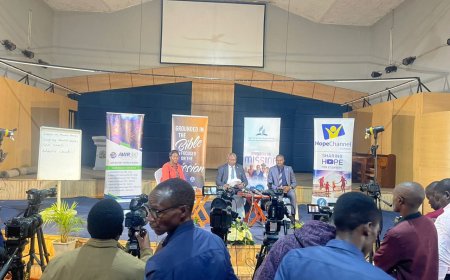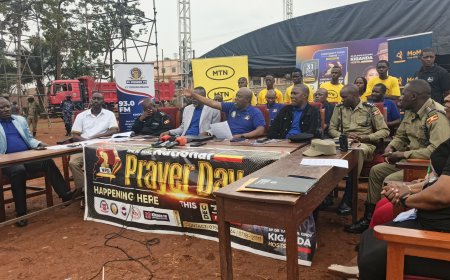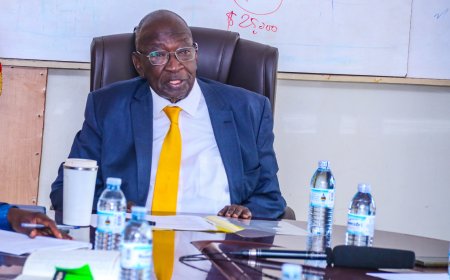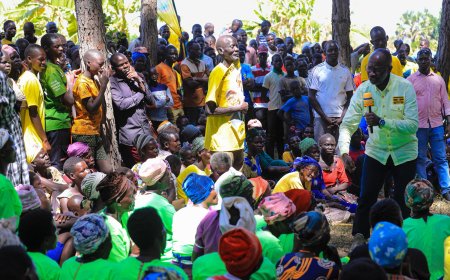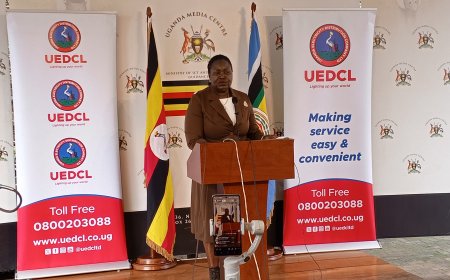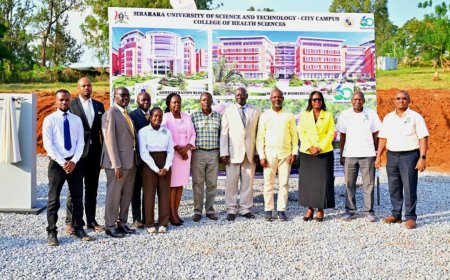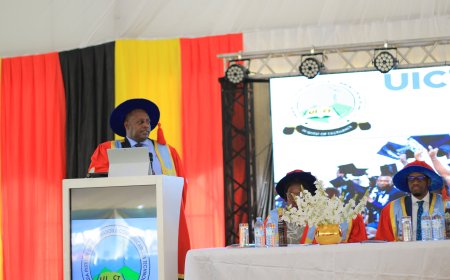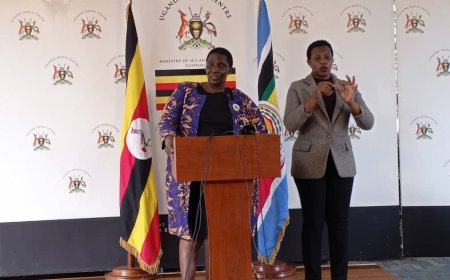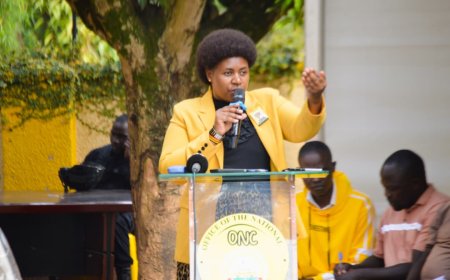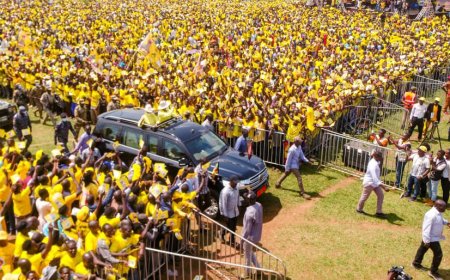NRM Releases Official Guidelines for Filing and Handling Election Petitions Ahead of 17th July 2025 Party Primaries
The guidelines are drawn from the NRM Election Regulations of 2025, approved by the Central Executive Committee (CEC). They offer a clear framework on how, when, and by whom election petitions can be filed, how they will be determined, and the grounds upon which an election can be set aside.

As the National Resistance Movement (NRM) prepares for its highly anticipated party primaries scheduled for Thursday, 17th July 2025, the Directorate of Legal Services has issued comprehensive guidelines to govern the filing and handling of election petitions. These directives aim to ensure transparency, efficiency, and justice in addressing grievances arising from the internal electoral process.
The guidelines are drawn from the NRM Election Regulations of 2025, approved by the Central Executive Committee (CEC). They offer a clear framework on how, when, and by whom election petitions can be filed, how they will be determined, and the grounds upon which an election can be set aside.
1. Filing an Election Petition: Procedure and Requirements
An election petition must be submitted to the office of the Director of Legal Services of the NRM. The filing must adhere to the following structure:
Three copies of the petition along with all necessary attachments must be submitted.
Each copy must be stamped to confirm receipt; one will be retained by the Directorate, while two copies are returned to the petitioner.
The petitioner is required to serve one copy to the person against whom the petition is filed.
The Directorate will use contact details from nomination forms to notify the respondent and request a response.
The petition must include all supporting evidence upon which the petitioner intends to rely.
2. Who Can File a Petition?
Election petitions may be filed by:
A candidate who lost the election.
A registered voter in the affected constituency, provided the petition is endorsed by at least 50 signatures of fellow registered voters.
Petitions must be filed within five (5) days after the declaration of election results. This timeline includes weekends (Saturday and Sunday).
Respondents are expected to file a response within five (5) days from the date of receiving the petition, either by email or other verifiable electronic communication.
3. Hearing and Determination
The Election Disputes Tribunal will oversee the hearing and ruling of petitions:
A hearing date will be appointed and communicated to all parties.
The Tribunal is expected to conclude the petition within seven days from the date of the hearing.
In case of necessary extended investigation, parties will be notified, but proceedings must still be conducted expeditiously.
4. Grounds for Setting Aside an Election
An election may only be nullified on the following grounds:
a) Non-compliance with NRM election regulations or constitutional provisions that substantially affected the outcome.
b) Proof that someone other than the declared winner actually won the election.
c) Evidence that the winning candidate was unqualified or disqualified at the time of the election.
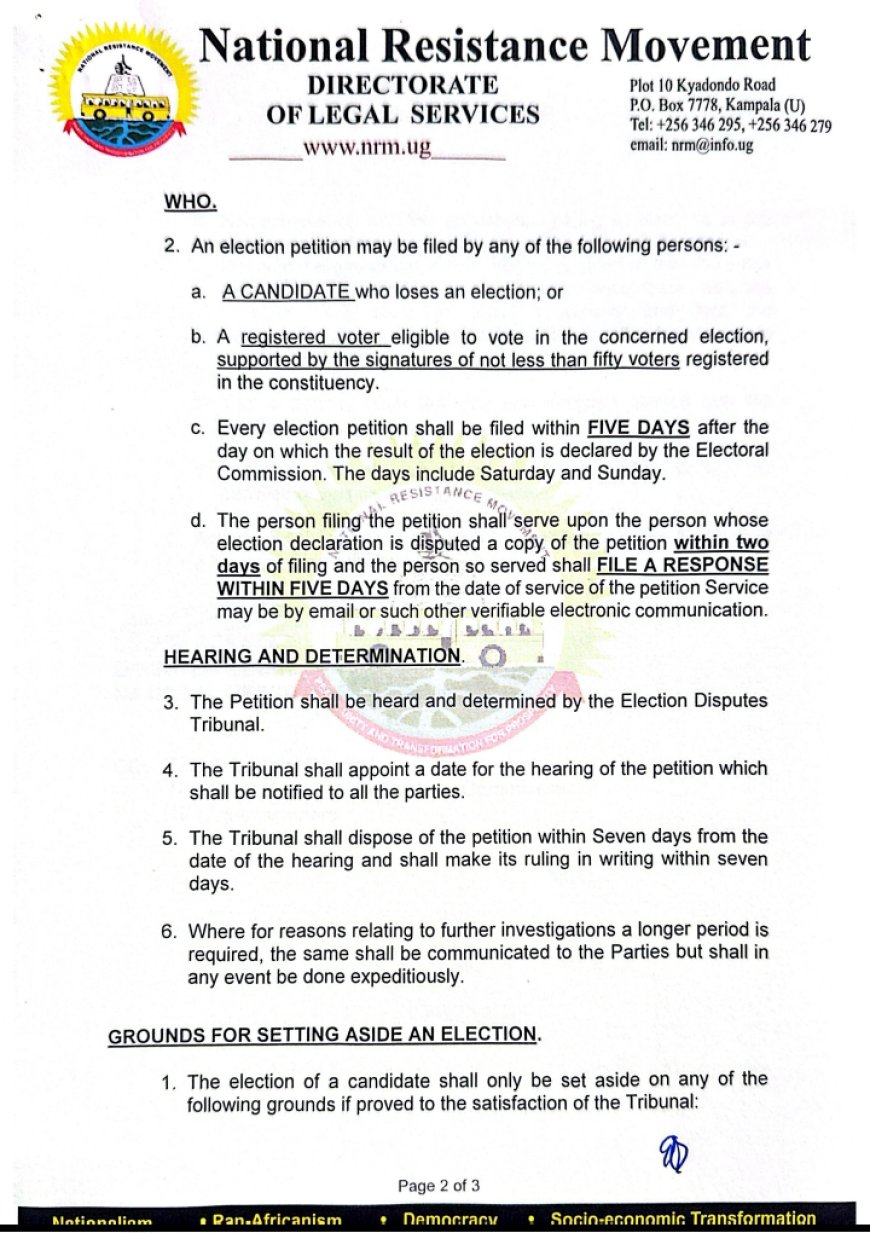
All grounds must be proven based on a balance of probabilities rather than beyond reasonable doubt.
The issuance of these guidelines reflects NRM’s commitment to internal democracy, fairness, and rule of law. Mr. Enoch Barata, Director of Legal Services, signed off the guidelines and copied the communication to the NRM Secretary General, the Chairperson of the NRM Electoral Commission, and all commissioners.
As the NRM primaries draw closer, candidates and voters are encouraged to familiarize themselves with these provisions to ensure orderly dispute resolution and protect the integrity of the electoral process within the party.
Contact Information:
National Resistance Movement – Directorate of Legal Services Plot 10 Kyadondo Road, Kampala
P.O. Box 7778
Email: nrm@info.ug
Tel: +256 346 295 / +256 346 279
Website: www.nrm.ug
